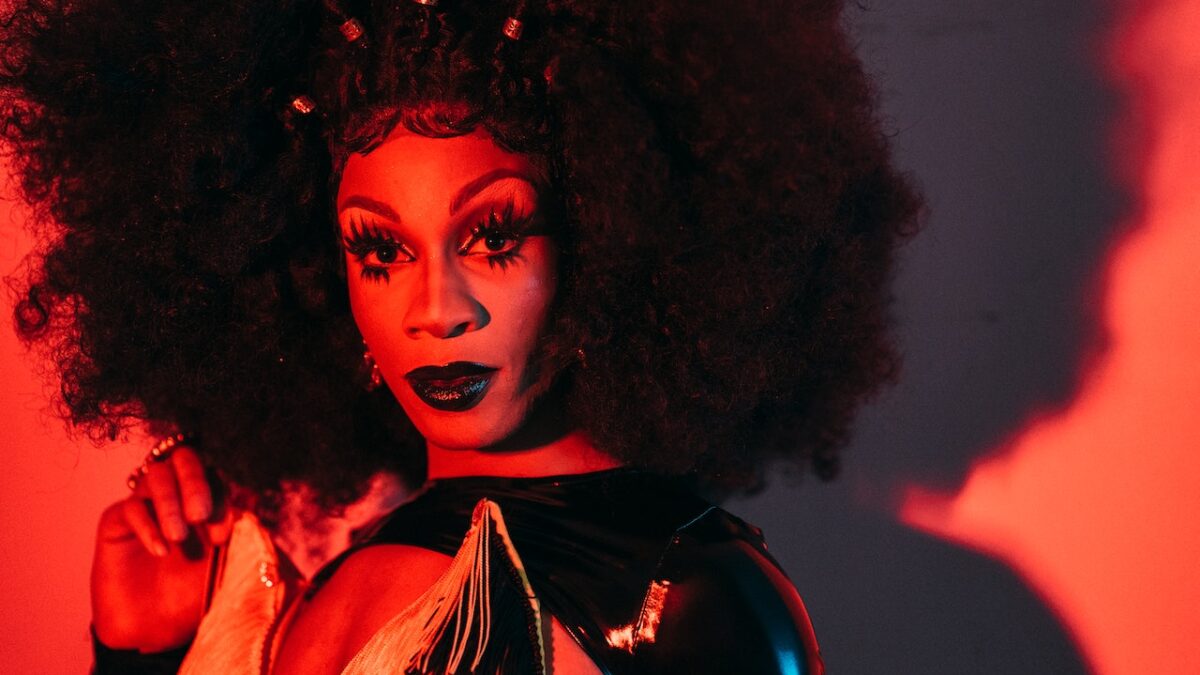A group of Claremont College students hosted an event where they discussed why masculinity is triggering and “toxic.”
The event, “Masculinity + Mental Health,” was organized by a group of women called “Thrive,” who aim to provide a “safe space” for students to discuss mental health, Steven Glick of The Claremont Independent wrote.
“Masculinity can be extremely toxic to our mental health, both to the people who are pressured to perform it and the people who are inevitably influenced by it,” the Facebook event page reads.
We would like to encourage discussion on how to openly talk about our emotions and our wellbeing, and how to engage in masculine identities in a healthy way. Relevant to this discussion is how masculinity can harm our relationships with people and one’s ability to cope when relationships are difficult or end. We want to create a safe and open space where we can talk about masculinity and its various intersections with our identities and experiences.
Miles Robinson, a student who attended the event, said the group selected the topic in hopes of attracting men to attend. Attendees shared personal experiences about why traditional masculinity is harmful.
There was “a common consensus that masculinity is harmful both to those who express it and those affected by it,” Robinson said, according to the Claremont Independent.
This isn’t the first time higher education has recoiled at the notion of someone exhibiting a masculine trait. A Columbia University student got into trouble with the school’s Gender-Based Misconduct Office for referring to himself as “handsome” in class.
Last week, the University of Kansas banned gorilla decorations because it was too masculine and not inclusive, according to Campus Reform.
“It would be best if your floor chose a different theme animal to be more inclusive,” a campus housing official told a resident assistant who decorated a dorm floor with images of primates. “First, gorillas represent a very masculine image, and I feel that this would not be inclusive to all of our residents on that floor.”









